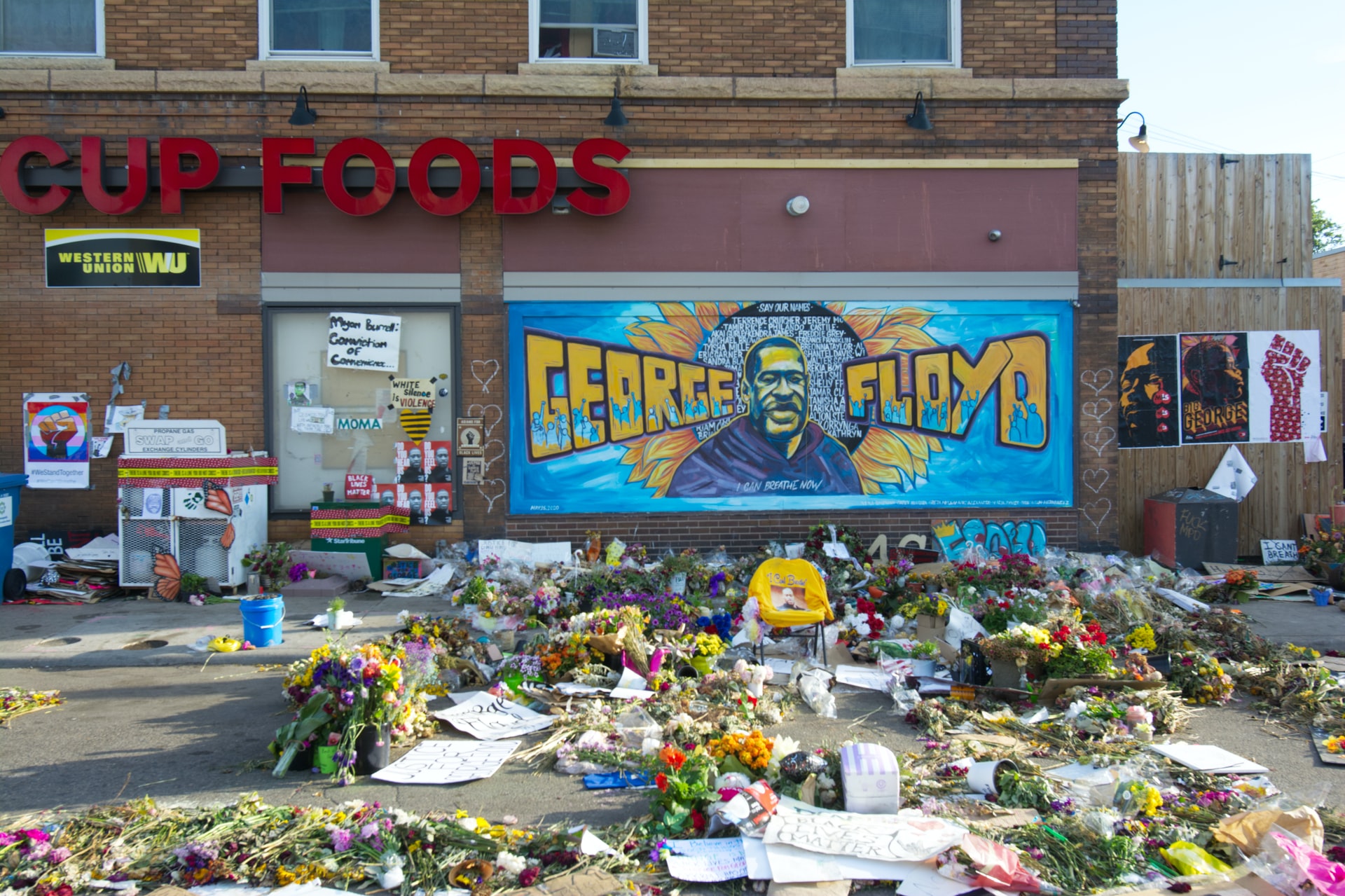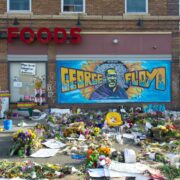
THE jury has reached a verdict: Minneapolis police officer Derek Chauvin on Tuesday, April 20 has been found GUILTY on all counts he faced over the death of George Floyd.
As the National Public Radio reported, “The trial has been one of the most closely watched cases in recent memory, setting off a national reckoning on police violence and systemic racism even before the trial commenced.”
This tragedy, which occurred last May, had been a wake-up call that sparked activism among people across America, especially among people of color, and around the world. This pursuit of justice compelled them to rally in the streets despite the threat of the coronavirus pandemic, to denounce the killing of George Floyd, a Black man, by Chauvin, a white police officer.
This relentless fight against systemic racism and police violence has finally vindicated so many people of color, especially African Americans, through centuries of injustice.
This guilty verdict gives us hope that the rule of law and justice will prevail in America, in fulfillment of the provisions of the Constitution grounded on the principles stated in the Declaration of Independence:
We hold these truths to be self-evident, that all men are created equal, that they are endowed by their Creator with certain unalienable Rights, that among these are Life, Liberty and the pursuit of Happiness.
The Equal Protection Clause is part of the first section of the Fourteenth Amendment to the United States Constitution. The clause, which took effect in 1868, provides “nor shall any State… deny to any person within its jurisdiction the equal protection of the law. No State shall make or enforce any law which shall abridge the privileges or immunities of citizens of the United States; nor shall any State deprive any person of life, liberty, or property, without due process of law; nor deny to any person within its jurisdiction the equal protection of the laws.”
“The State shall not discriminate against any citizen on grounds only of religion, race, caste, sex, place of birth or any of them.” (Article 15(1))
What happened to George Floyd and to many more before and after him could happen to us.
As people of color, we are not exempt from racial profiling and prejudices that have denied many of their rights, even in the hands of people tasked to protect us. This societal ill will continue to be perpetuated unless we, the people, fight for our rights enshrined and protected by the Constitution — the highest law of the land — right here, right now.
Rewind to 2020
The world watched footage of the Memorial Day 2020 event — broadcast by news organizations and shared online — that told the truth of what happened to Floyd beyond the excuses and falsehoods claimed by the accused and his cohorts.
As NPR reported, “Floyd was a 46-year-old Black man from Houston who had moved to Minnesota just three years earlier. He was a father and brother who idolized his mother, loved making music and had been a star athlete as a young man.”
“Floyd died after Chauvin pressed his knee on Floyd’s neck for 9 minutes and 29 seconds as Floyd lay facedown, hands cuffed behind his back.”
Prior to his death, we heard him begging for his life on video, saying he couldn’t breathe, but Chauvin stayed on, without even checking on Floyd’s condition, with an arrogant smirk of evil on his face.
Video footage would not lie. Context, expert witnesses, and hard evidence were presented by the prosecution, counter-argued by the defense.
As NPR reported: “The prosecution argued that Floyd died as a direct result of Chauvin’s actions: that due to Chauvin’s weight on Floyd’s neck and back while holding him in the prone position, Floyd died of low oxygen levels that caused a brain injury and arrhythmia, causing his heart to stop.”
“He did what he did on purpose, and it killed George Floyd,” said prosecutor Steve Schleicher.
The defense counter-argument: “There was a range of potential factors in Floyd’s death, including what it said was Floyd’s enlarged heart, fentanyl and methamphetamine in his system and possibly carbon monoxide from squad car exhaust.
“Above all, defense attorney Eric Nelson strove to inject doubt into the state’s case. He framed Chauvin’s actions as those of a “reasonable police officer” doing his job under stressful and chaotic circumstances.”
“The testimony ranged from complex medical and forensic pathology topics to discussion of police training and officers’ use of force. There were moments of deep emotion, including from bystander Charles McMillian and the young woman identified in court as Darnella, who was 17 when she took video of the incident.
Hennepin County’s medical examiner, Dr. Andrew Baker, testified that Floyd died from cardiopulmonary arrest resulting from “law enforcement subdual, restraint and the neck compression.” He said the manner of death was “homicide,” meaning that someone else was involved in the death
Compared with the prosecution, the defense’s testimony was brief. Defense attorney Nelson called just six witnesses, including a retired Minneapolis police officer and a retired paramedic who had interacted with Floyd during a 2019 traffic stop.”
After about 10 hours over two days following closing arguments, the jury reached the verdict: Chauvin has been found guilty of unintentional second-degree murder, third-degree murder, and second-degree manslaughter.
The NPR report defined these charges for our understanding as laypeople:
“Second-degree murder — unintentional is defined as causing death without intent to do so, while committing or attempting to commit a felony offense. The maximum sentence for second-degree murder is 40 years.”
“Third-degree murder is causing death to an individual by ‘perpetrating an act imminently dangerous to others and evidencing a depraved mind without regard for human life,’ but without the intent to cause death. It carries a maximum sentence of 25 years.”
Second-degree manslaughter is causing the death of another by “culpable negligence, creating an unreasonable risk” in which the defendant “consciously takes the risk of causing death or great bodily harm to another individual.” It carries a maximum sentence of 10 years.
We are grateful that this trial was allowed by Judge Peter Cahill to be broadcast live because this transparency is but the first of the many steps in a long journey of healing for those who have been victims of racial injustice and police violence. Chauvin’s sentencing will happen in eight weeks.
What do you think of the verdict in this case?
* * *
The opinions, beliefs and viewpoints expressed by the author do not necessarily reflect the opinions, beliefs and viewpoints of the Asian Journal, its management, editorial board and staff.
* * *
Gel Santos Relos has been in news, talk, public service and educational broadcasting since 1989 with ABS-CBN and is now serving the Filipino audience using different platforms, including digital broadcasting, and print, and is working on a new public service program for the community. You may contact her through email at [email protected], or send her a message via Facebook at Facebook.com/Gel.Santos.Relos.







